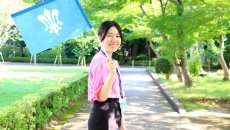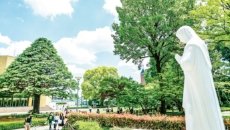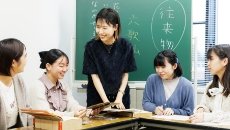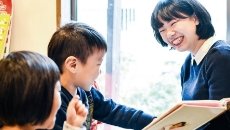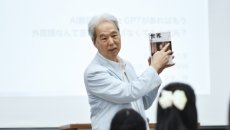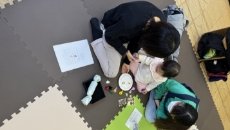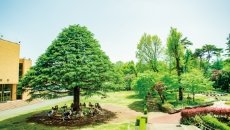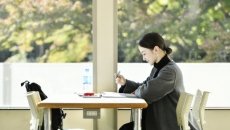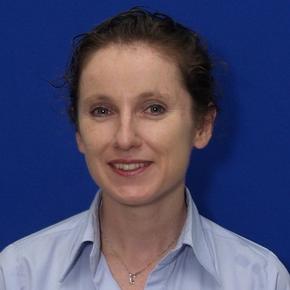This new course, launching in 2025, is designed to build students’ confidence to engage critically and enthusiastically with information in collaboration with their classmates.
Learning outcomes include:
- Goal setting
- Developing skills in expressing and supporting opinions
- Broadening perspectives through discussion and exchange
- Using AI tools thoughtfully and critically in ways that support, rather than hinder, learning
- Reading and interpreting graphs and using as evidence
- Researching and preparing for presentations
- Researching to actively engage with different standpoints.
This course lays a strong foundation for academic success by encouraging active participation, critical thinking, and responsible use of information.
In this course, students explore a social issue of their choice through group-based research. You will design and conduct surveys, analyze the results, and present your findings. This is an excellent opportunity to gain insight into the values and experiences of your peers while building practical skills in research, data collection, collaboration, and communication.
Past student topics have included; Pay and working conditions in part-time jobs; Methods of learning English; Attitudes towards multiculturalism in Japan; Gender roles in society; Online learning experiences; Qualities of an ideal life partner
This course gives you the freedom to investigate real-world issues that matter to you and your generation.
This class begins with fundamental questions: What is history? Who records it? From whose perspective? Students are encouraged to explore historical events from multiple viewpoints, developing a deeper and more nuanced understanding of Japan’s relationship with other countries, especially in Asia.
A key focus is on building intercultural awareness and the ability to engage empathetically with differing interpretations of the past. Students also conduct interviews with members of an older generation, gaining skills in oral history and learning how personal stories connect with broader national and international narratives.
The topic of my third year seminar class is Introducing Asia. This seminar explores Japan’s position within Asia from multiple perspectives. We start by learning about Japan’s geography, early history, and cultural heritage through comparisons with other major world heritage sites across Asia. Then, we study the region’s colonial history and important conflicts that have shaped the modern world.
In the second half of the year, we focus on current connections with Japan, including tourism, immigration, and environmental sustainability. Throughout the course, students will build skills in independent research, critical thinking, and English communication, helping them gain a broad and informed view of Asia.
Students are encouraged to be curious, positive, and actively participate in group discussions to share diverse opinions. Depending on student interest, there may be optional fieldwork, cooking, or gasshuku trips to deepen the learning experience.
Topics include: Shopkeeper attitudes to increased tourism in Nippori; Tohoku Summer Festivals; Comparison of reporting about Hong Kong politics in Japanese and Chinese media; Comparing Doutoku in China and Japan, Foreign Labourers in Korea, Refugees in Japan, Family Temple History in Shibata, Niigata; Depopulation of Noto Hanto; Gender Gap and SDGs in Japan; Comparison of female parliamentary representation in Japan and Taiwan; Analysis of the lead women in Asa-Dora; Revenge pornography laws in Japan; Disability; Aging population; Body Image of Shirayuri students; Comparing support for new parents in Japan and France; Introducing Coding in Elementary Schools, among others.
